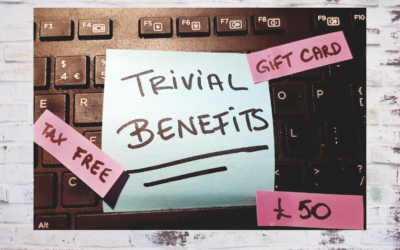The grant extension is for self-employed individuals who are currently eligible for the Self-Employment Income Support Scheme and are actively continuing to trade, but are facing reduced demand due to coronavirus (COVID-19).
1. Who can claim
- To be eligible for the grant extension self-employed individuals, including members of partnerships, must:
currently be eligible for the Self-Employment Income Support Scheme SEISS (although they do not have to have claimed the previous grants)
1. declare that they are currently actively trading and intend to continue to trade
2. declare that they are impacted by reduced demand due to corona virus in the qualifying period (the qualifying period for the grant extension is between 1 November and the date of claim)
2. What the grant extension covers
The extension will provide two grants and will last for six months, from November 2020 to April 2021. Grants will be paid in two lump sum installments each covering a three-month period.
1. The first grant will cover a three-month period from the start of November until the end of January. HMRC will provide a taxable grant covering 20 per cent of average monthly trading profits, paid out in a single installment covering 3 months’ worth of profits, and capped at £1,875 in total. This is now increased to 40%, up to £3750
HMRC are providing broadly the same level of support for the self-employed as is being provided for employees through the Job Support scheme.
2. The second grant will cover a three-month period from the start of February until the end of April. HMRC will review the level of the second grant and set this in due course.
3. The grants are subject to Income Tax and National Insurance Contributions.
3. How to claim
As before, SEISS grants will be made by reference to average profits over the preceding three tax years — i.e., 2016/17, 2017/18 and 2018/19. Again, for individuals who do not have three years of tax returns, average profits are calculated by reference to the previous year or the last two. As before, to be eligible, individuals must have an average annual trading profit of £50,000 or less and derive at least half of their total income from self-employment. Individuals who did not claim under the original SEISS can claim under the grant extension.
Need help?
Need an accountant? Call me now!
Similar articles:
Trivial benefits
I don’t know how many of you knows anything about trivial benefits. Many times, as an employer, you may think how to reward your hard working employees, give them something extra, some small token and in present climate save on taxes. As an employer you can buy your...
Business Entertainment
What is business entertainment and can we classify it as business expenses? What is classified as a business entertainment in relation to the clients: Food and drink Presents Cinema or theatre tickets Sports events tickets Entries to the clubs One would think that if...
CIS – what is it, what for and what to do with it?
CIS (Construction Industry Scheme) is a tax deducted by the contractor from the subcontractor's salary and transferred to HMRC. In other words, it is a tax that must be declared during self-assessment tax return and usually the overpaid amount is refunded....




